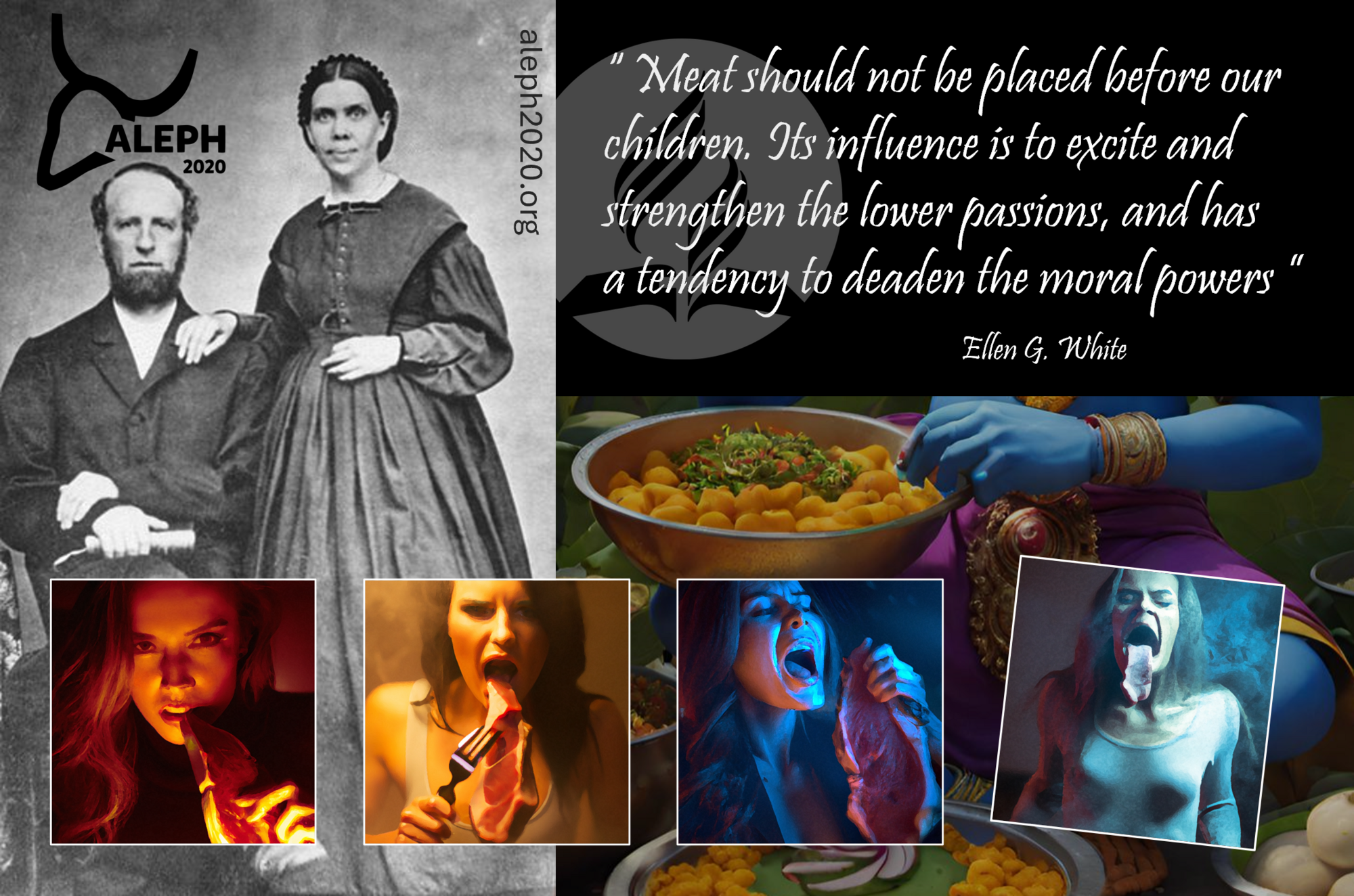Dietary evangelism and religion

To illustrate the influence of religion over dietary beliefs and policy, this article addresses:
Meat as an impure food choice
Religious sects and temperance movements adhere to dietary asceticism, advocating a dull Garden-of-Eden diet where red meat is deemed too rich and sensual. Failure to abstain from eating meat is viewed as a sin, and notions of temptation, personal virtue, and righteousness remain central to contemporary forms of crusading vegetarianism. Vegetarian movements are particularly strong in urban English-speaking areas, shaped by Calvinistic liberalism and Anglo-Saxon utilitarianism. Even as religious teachings wane in these regions, the underlying motivations endure, emphasizing self-ownership of the body and viewing meat consumption as morally deficient.
The case of Seventh-Day Adventism
The Seventh-Day Adventist church has had considerable impact on nutritional advice, including the Academy of Nutrition and Dietetics' position papers on vegetarian diets. According to its beliefs, a plant-based diet is the diet chosen by the Creator, while meat eating is sinful and linked to poor health. The church's involvement in the food industry, particularly in the development of vegetarian food products, has led to powerful alliances with non-profits and corporate food platforms to promote plant-based foods and discourage meat and dairy consumption. Overall, both economic interests and ideological motivations play a role in its efforts to shape dietary choices and influence public health and nutrition guidelines.
The case of the ‘Indian diet
Westerners often romanticize India’s vegetarianism, even if the country is known to seriously grapple with rampant malnutrition and childhood stunting. Although Hindus were seen as protein-deficient non-meat eaters in the 19thC, Gandhi and others popularized the spiritual significance of vegetarianism, particularly (but not only) within the Theosophy sect. Today, many Indian states have excluded eggs from school menus due to religious sentiments, despite the prevalence of micronutrient deficiencies and undernourishment in children and adults. Within India, vegetarianism has become a matter of nationalist discourse, even though a significant percentage of the population still consumes beef. The issue of beef consumption has become highly politicized, leading to mob violence and aggression towards meat-eating communities, particularly Muslims and other marginalized groups.
